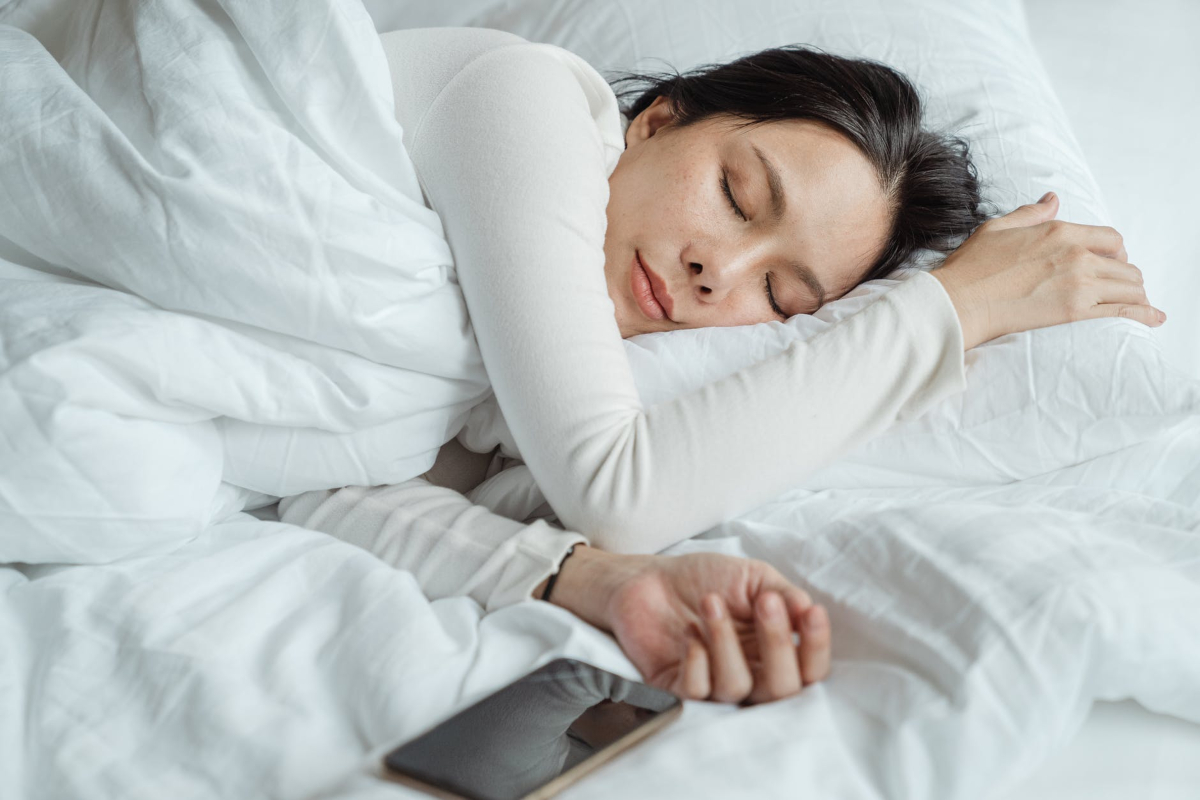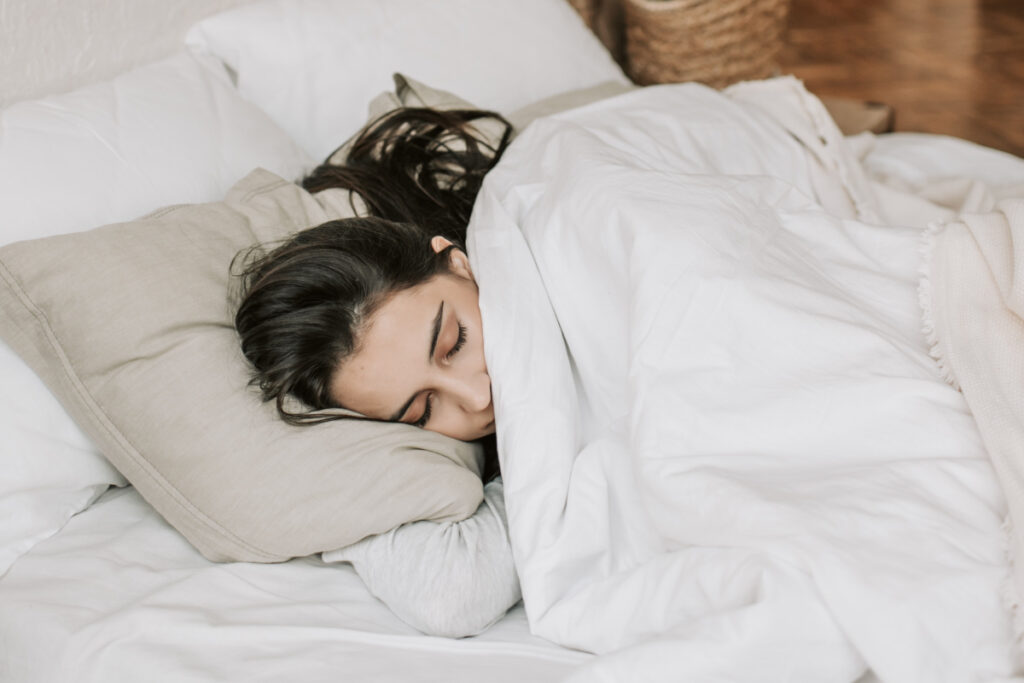Sleep is detrimental for your overall health and wellbeing. A good night’s rest will help you feel energised during the day, while a bad one can make you grumpy and moody, and lead to various health issues in the long run. Having healthy sleep habits is essential when you want to get a good sleep every night.
If your sleep schedule is a bit all over the place, what a better time to start practicing more healthy habits before bed than the new year? Or maybe you’ve already made it one of your New Year’s resolutions to get better sleep?
Whatever the case, we're here to give you a list of five healthy sleep habits that you can easily incorporate into your lifestyle and which will help you develop a better long-term sleep routine.
Have a consistent sleep schedule
A consistent sleep schedule is the first important step to getting a healthy sleep.
Going to bed and getting up at the same time every day will help your brain get into a routine and set your body clock. After doing so for a few weeks you might notice that you naturally start feeling sleepy around your bedtime and wake up easier in the mornings.
Create a bedtime routine
Having certain rituals before bed can also help train your brain and your body in perceiving bedtime. Doing the same relaxing pre-sleep activities will indicate to your body that it’s time to rest. You can try taking a warm bath, reading a book, listening to music or a podcast, or writing about your day in a journal.
You should also try to avoid using technological devices such as your phone, tablet, laptop, or TV right before bed because the bright screen will cause you trouble switching your brain and falling asleep.
Keep your diet healthy
Big meals right before sleep can make it difficult to fall asleep and can also cause you to wake up during the night to drink water or use the bathroom. A healthy diet is key to healthy sleep. Try to avoid fatty foods for dinner and also have an earlier dinner if possible.
You also shouldn’t skip meals during the day as you’ll be less tempted to have a big dinner. If you feel hungry right before bed a small snack like a glass of warm milk can help you fall asleep easier. Just don’t eat a whole block of chocolate or pack of crisps!
Avoid caffeine, alcohol and nicotine before bed
Caffeine and nicotine are stimulants that majorly interfere with your sleep. If you regularly use nicotine in the form of cigarettes or vape you might experience cravings and withdrawal symptoms at night which can further lead to a restless sleep. Too much caffeine can also make you toss and turn, unable to fall asleep. You should limit your caffeine use to no more than two servings per day and avoid drinking any drinks containing caffeine after noon.
Alcohol on the other hand is a sedative which means it slows brain activity. It might induce sleep, however, it can also interfere with your night rest, causing you to wake up frequently during the night. Studies also suggest that too much alcohol may lead to nightmares. You shouldn’t drink any alcohol four to six hours before your bedtime.

The bedroom should be for sleep only
Ultimately the best healthy sleep habit you can develop is keeping your daily affairs out of the bedroom. If you work from home, for example, you should have a designated office area in your house that’s not your bedroom. If you play video games, it’s also a good idea to keep your gaming console or PC in another room if possible. That way your brain will associate the bedroom only with sleep rather than work or entertainment.
Factors that can affect the quality of your sleep
There are a variety of factors that can affect your quality of sleep even if you follow healthy sleep habits and have a routine.
One of those can be stress related to your work, family life or relationship. Bringing that stress into the bedroom will have you feeling restless all night long. Learning how to relieve the stress that has piled up during the day will help you improve the quality of your sleep.
Another important factor that affects your sleep is the quality of your bed. If you sleep on an old mattress you might find that even with a regular sleep schedule you still feel tired or have trouble getting enough rest. In this case you might want to look into buying a new mattress that won’t have you waking up in aches.
The same applies for your pillows, an old pillow that has lost its fluffiness and shape simply can’t offer any support for your neck. Investing in new bedding is one of the best ways to ensure you get a better quality sleep.
To make upgrading your mattress and pillows an easier task, you can read our guide to choosing a new mattress and guide to pillow sizes.
You might not see improvements to your sleep or well being instantly, remember it takes 21 days to form a habit! However, if you build a routine and stick to it you’ll gradually see the quality of your sleep improving. As a result, you may also start to notice small changes in your day-to-day life as well, such as feeling more energetic, being in a better mood, concentrating on your work easier or just overall feeling healthier. After all, sleep is what ties health with our bodies!


